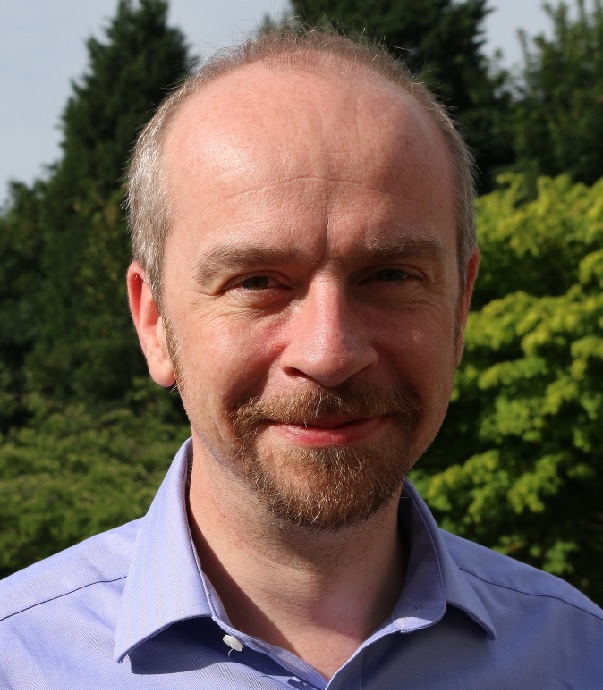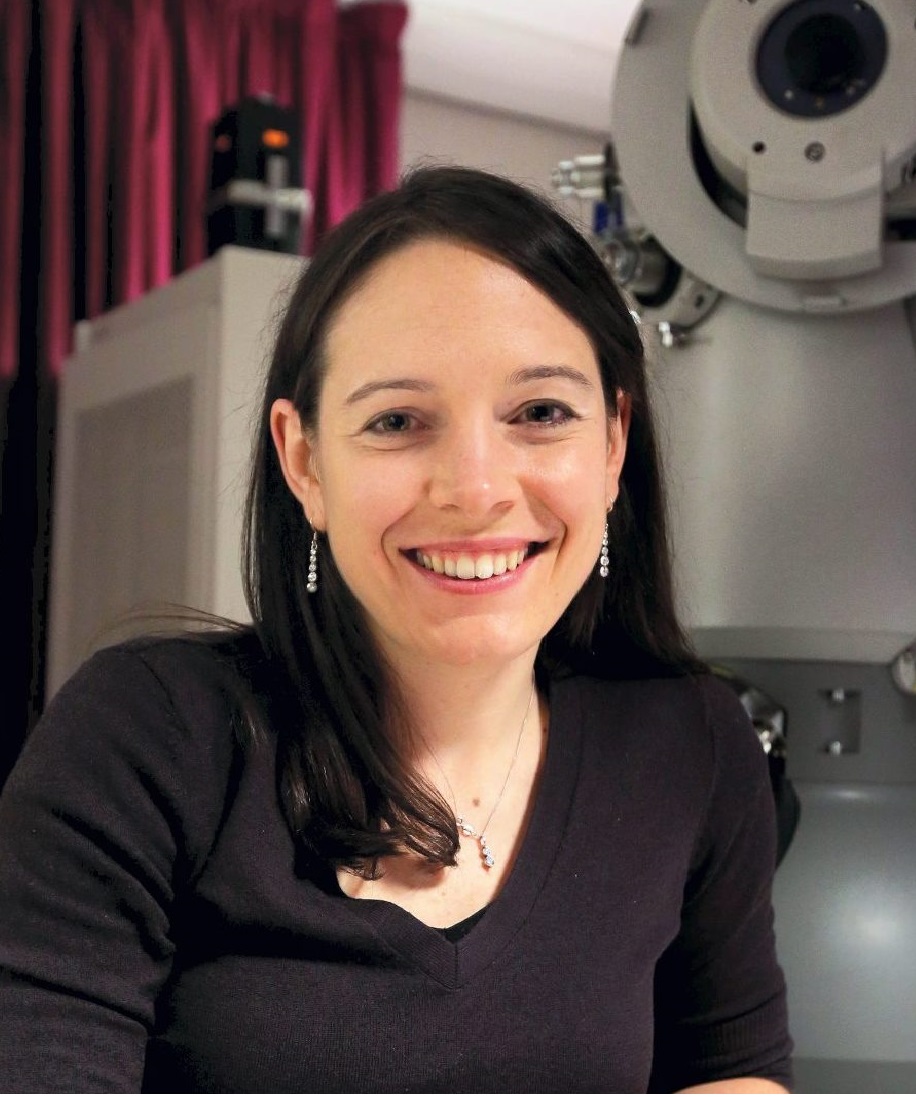THE UNIVERSITY OF MANCHESTER (UNIMAN)
Project Leader

Project Staff






Institute presentation
The University of Manchester (UNIMAN) is a public research university in the city of Manchester, England, formed in 2004 by the merger of the University of Manchester Institute of Science and Technology (est. 1956) which had its ultimate origins in the Mechanics’ Institute established in 1824 and the Victoria University of Manchester founded in 1851. It is the largest single site University in the UK with ~40,000 students and 12,000 staff. The University of Manchester had an income of over £1 billion in 2015–16, of which £342 million was from research grants and contracts. UNIMAN is ranked 29th in the world by QS World University Rankings 2016 and 35th in the world according to the 2016 Academic Ranking of World Universities (5th in the UK). More students try to gain entry to UNIMAN than to any other university in the country, with more than 55,000 applications for undergraduate courses in 2014 resulting in 6.5 applicants for every place available. UNIMAN has 25 Nobel laureates among its past and present students and staff, the fourth-highest number of any single university in the United Kingdom. Three Nobel laureates are currently among its staff – more than any other British university.
UNIMAN possesses a fantastic breadth and depth of knowledge, allowing it to break down barriers to undertake multidisciplinary research, and we collaborate with partners worldwide to tackle some of society’s most pressing problems. We have a strong heritage of space research encompassing the pioneering radio astronomy work at Jodrell Bank, astrophysics, planetary science and cosmochemistry, space instrumentation and space technology development. In addition, since the pioneering work on graphene at UNIMAN in 2004, we have become world leaders in the study and applications of this 2D material. In recent work, we are extending our significant expertise to the study of other novel 2D materials and their nanocomposites relevant to this proposal. We have a breadth and depth of relevant expertise ranging from materials chemistry to state-of-the-art characterisation. This combination of experience and knowledge in space systems and materials characterization will be will be applied in DISCOVERER.

